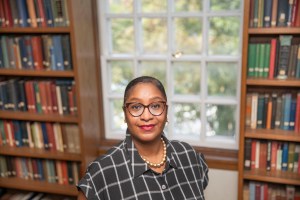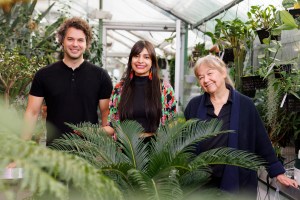All articles
-
Health
‘When you’re with a patient … their suffering counts more than your suffering’
Symposium honoring late global health pioneer Paul Farmer reflects on achievements, purpose, influence of Haiti

-
Campus & Community
Committee to review request to dename Winthrop House
Inquiry led by Professor Sean Kelly will report findings to Gay, Hoekstra

-
Science & Tech
From a plant-free place, clues about how to help plants survive as planet warms
Data from salt flats suggest dry soil is worse than rising temperature

-
Arts & Culture
An honor named for her best friend and mentor
Ruby Bridges receives Robert Coles Call of Service award for work educating others about tolerance
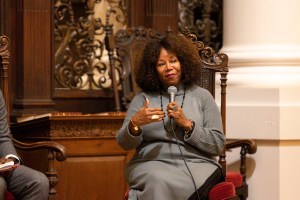
-
Science & Tech
Nobel-winning physicist, artist illustrate universe’s ‘warped side’
New book seeks to demystify complex science from black holes to time travel
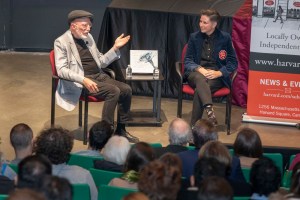
-
Nation & World
How big a deal is meeting between Biden, Xi? Pretty big
Longtime China watcher Tony Saich says two nations want to stabilize ties a bit amid troubling levels of tension

-
Campus & Community
Stepping toward justice
Repair & Responsibility conference brings together Native, University leaders to advance conversation
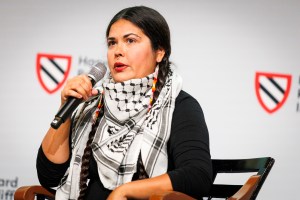
-
Health
‘There’s no treatment if you don’t know what you’re treating’
Network of medical detectives solves genomic mystery of boy plagued by series of life-threatening, seemingly disparate ills
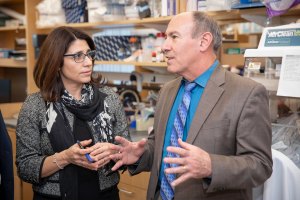
-
Campus & Community
Harvard & the Legacy of Slavery launches first grant program
Seeks proposals from community, Harvard that will address systemic inequities

-
Health
U.S. men die nearly six years before women, reflecting largest gap since 1996
Analysis finds COVID-19 and ‘deaths of despair’ behind trend that has been growing since 2010
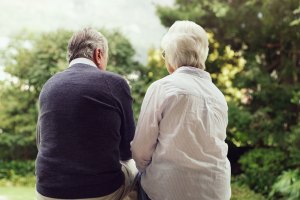
-
Arts & Culture
How to translate a Nobel-winning author (and 700-page sentence)
Damion Searls — English ‘gateway’ for Jon Fosse and other writers — discusses Harvard roots, elevating new voices, and his multilingual ‘Matrix’ moment

-
Campus & Community
10 from Harvard named Rhodes Scholars
Nine U.S. recipients, one international; areas of study include higher education, philosophy, neuroscience

-
Science & Tech
Screech owl wisdom
‘Alfie and Me’ ecologist on what he learned as he bonded with bird
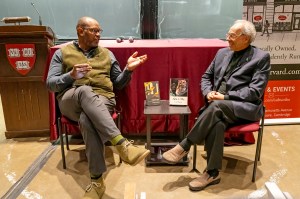
-
Nation
Chan School study plays key role in successful suit against airline uniform maker
Hundreds of flight attendants argued wearing formaldehyde-treated gear triggered health issues

-
Arts & Culture
‘Still caught in a system that makes us smaller than we could be’
Tracy K. Smith explores America’s past, present challenges, hopes in new book

-
Campus & Community
A minority within a minority — women vets at College
They come from different backgrounds, but all agree on need to put themselves out there and hang in

-
Campus & Community
Hilary Whitehall Putnam, 89
At a meeting of the Faculty of Arts and Sciences on Nov. 7, 2023, the following tribute to the life and service of the late Hilary Whitehall Putnam was spread…
-
Campus & Community
Franco Fido, 88
At a meeting of the Faculty of Arts and Sciences on Nov. 7, 2023, the following tribute to the life and service of the late Franco Fido was spread upon…
-
Health
Waistline growing? Eat more veggies — but not this kind.
Study adds starchy variety to list of culprits contributing to middle-age weight gain
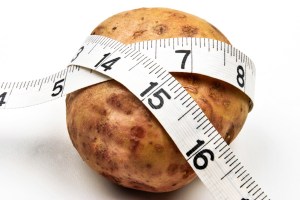
-
Campus & Community
Oh. My. Gourd.
The stunt was a fundraiser for Harvard OpenBio, a student-run laboratory aimed at democratizing biology.
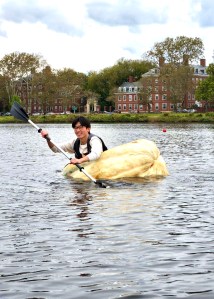
-
Nation
Democracy teetering on brink
Danielle Allen says ordinary citizens need to step up, calls for formation of cross-ideological supermajority committed to revitalizing system
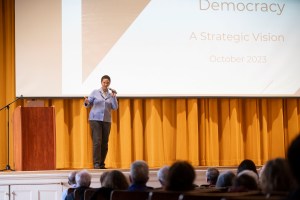
-
Campus & Community
Breaking ground on a groundbreaking project
City and University leaders celebrate mixed-use development in Allston

-
Arts & Culture
How opium, imperialism boosted Chinese art trade
Harvard Art Museums exhibition chronicles history, explores lessons for U.S. drug crisis

-
Campus & Community
‘Sharing scholarship in many different registers’
George Aumoithe rings the bell teaching history, exploring electronic music
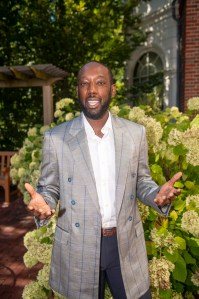
-
Health
Research shows working out gets inflammation-fighting T cells moving
Activated by regular exercise, immune cells in muscles found to fend off inflammation, enhance endurance in mice
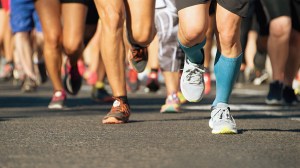
-
Arts & Culture
Champion, creator of American theater
Robert Brustein, founder of rep companies at Harvard and Yale, recalled as teacher, critic, mentor, innovator
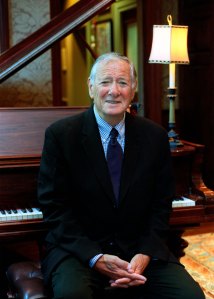
-
Arts & Culture
‘We had to create something new — and we did’
Ahead of Harvard visit, two legends of hip-hop recall New York beginnings

-
Campus & Community
147 sworn in as U.S. citizens at Harvard Business School
Dean commends ‘determination, commitment, and courage’ of honorees hailing from 40-plus countries
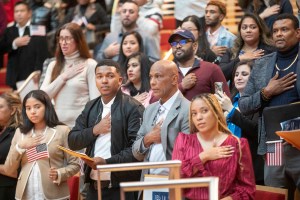
-
Campus & Community
Refreshing Harvard’s halls and walls to reflect ‘21st-century ethos’
Campus curator Brenda Tindal discusses plans to update spaces while honoring past
